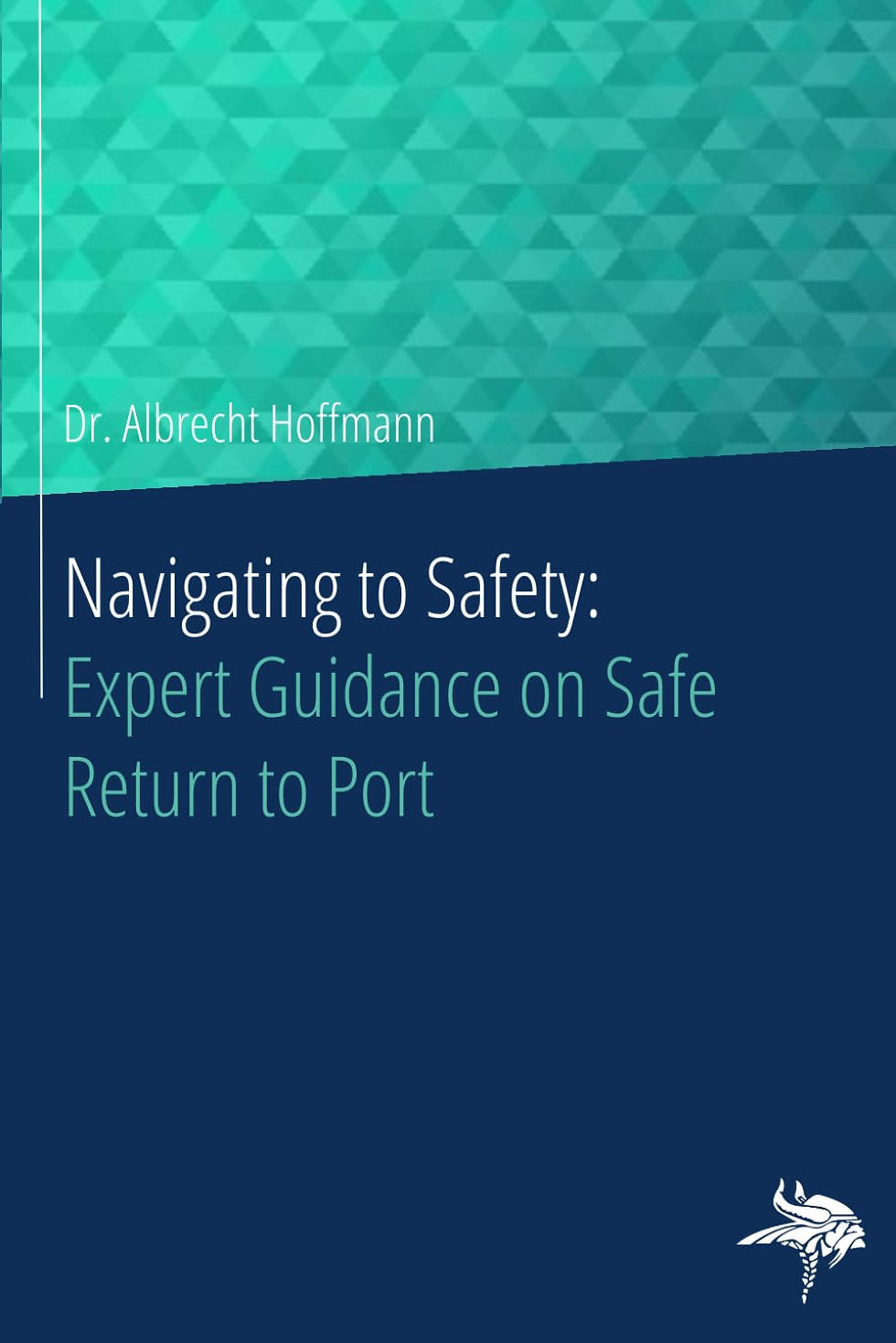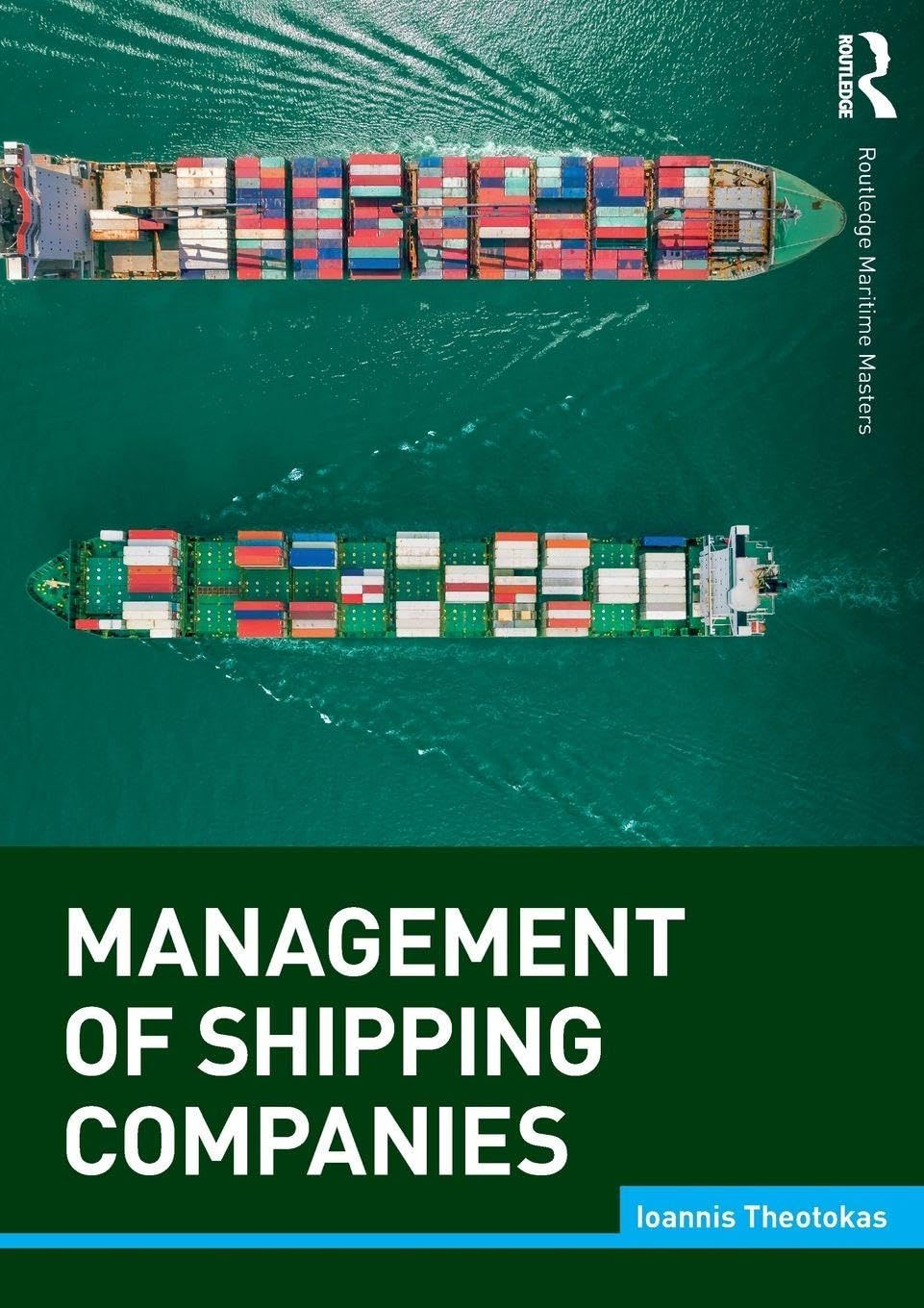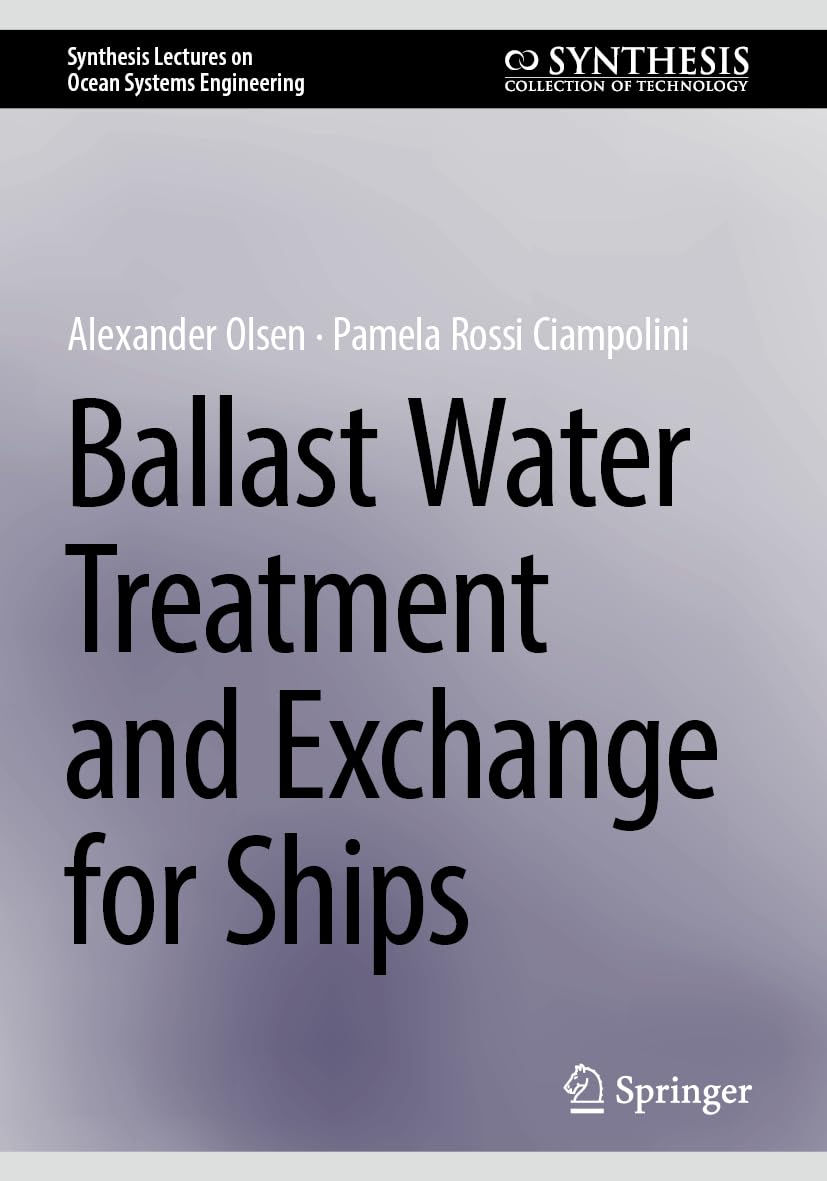
Commercial and Maritime Law
Commissioning Editor for Commercial and Law
Josephine De Souza
Our Bookshelf
Our Commercial and Law list responds to the most challenging and pressing commercial and legal questions facing the maritime industry today. Our interdisciplinary range of textbooks, practical guides, reference books, and research monographs provide industry analysts and professionals with access to the latest thinking and approaches.
We are interested in work that takes a comparative, historical, interdisciplinary or commercial-legal approach to maritime law to critically examine how law interacts with shipping, global logistics, technology and seafarer welfare.
We are actively commissioning books in:
Key Components of Maritime Commerce Areas, including:
-
Shipping: the movement of goods and passengers by sea
-
Ports: physical facilities where ships load and unload cargo and passengers, serving as crucial logistics hubs
-
Maritime Business Services: specialised services that support the shipping industry, including:
-
Shipbroking: Connecting shipowners with charterers
-
Maritime Insurance: Providing financial protection against risks in maritime operations
-
Maritime Finance: Services related to funding and investment in the maritime sector
-
Maritime Legal Services: Expertise in international maritime law and regulations
-
Maritime Education: Institutions that train professionals for maritime careers
-
Ship Surveying and Classification: Ensuring ships meet safety and operational standards
-
Geographic Areas and Trade Routes
-
Strategic Waterways: maritime commerce heavily relies on vital chokepoints and routes, such as the Strait of Malacca, the Korea Strait, and the Dover Strait.
-
Major Ports: ports worldwide which serve as hubs for commerce. For example, the Port of Southampton is a significant port for exports and a major cruise destination
-
Regional Hubs: the Yangtze River Delta (YRD) region in China, with Shanghai and Ningbo ports, is another area with high maritime activity and trade dependencies
Industries Served
-
Maritime commerce is essential for international trade, with 95% of UK global trade being facilitated by the sector
-
Key traded goods including petroleum, mining products, and agricultural goods
Innovation and Sustainability
-
"Green Ports": emerging as maritime hubs that focus on systemic sustainability by integrating ecological principles with economic and social equity
Key areas of maritime law, including:
-
Carriage of Goods and Passengers: laws governing the transportation of cargo and people by sea, including issues with bills of lading and contracts
-
Marine Insurance: covering risks and losses related to shipping, cargo, and vessels
-
Marine Accidents: addressing incidents like collisions between vessels and damage or loss of property at sea.
-
Salvage: legal principles concerning efforts to save vessels or cargo in peril and the compensation for those efforts
-
Pollution Control: regulations and laws aimed at protecting marine ecosystems from pollution caused by shipping activities
-
Seafarers' Rights: laws protecting the rights and welfare of sailors, often covered by specific acts like the US Jones Act
-
Shipbroking: legal frameworks surrounding the work of shipbrokers, who facilitate contracts for chartering vessels
-
Maritime Contracts: Standardised agreements that govern the rights and obligations of parties involved in maritime trade
-
Piracy: laws and efforts to combat and prevent piracy, a significant concern on the high seas
Legal and Jurisdictional Concepts, including:
-
Admiralty Law: a synonym for maritime law, often referring to court jurisdiction over maritime cases
-
Maritime Zones: specific areas of the ocean, such as the territorial sea (up to 12 nautical miles from the baseline), contiguous zone (up to 24 nautical miles), and Exclusive Economic Zone (EEZ, up to 200 nautical miles), each with different legal authorities
-
International Law and Treaties: the basis of maritime law, with conventions from organizations like the International Maritime Organization (IMO) playing a crucial role
-
"Wet" vs. "Dry" Law: a practical distinction where "wet law" deals with accidents and liens, while "dry law" focuses on commercial matters like cargo carriage and insurance
If you would like to submit a book proposal or discuss your project with us first, please contact the team at proposals@nordikacademia.com
Explore our bookshelf of academic, technical and operational guides
-
Browse books
Publish with the Nordik Press
-
Discover the steps to publishing your book with us












